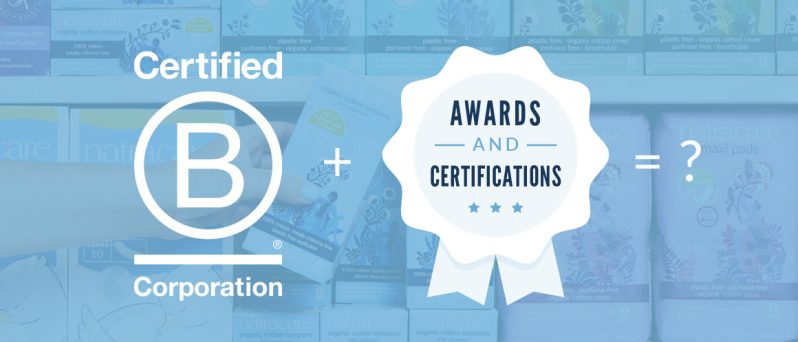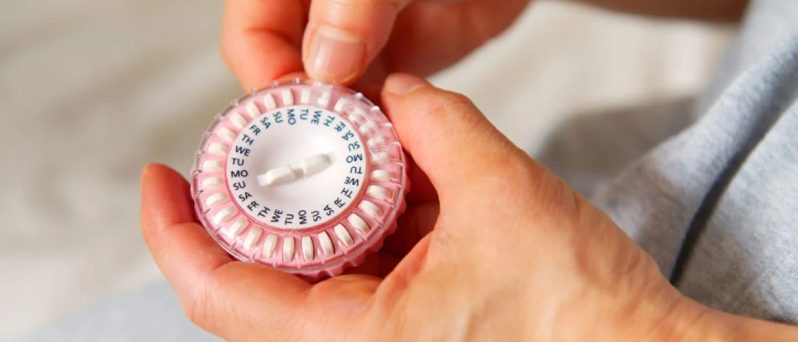Tampon Fibre Loss
Natracare organic cotton tampons aren’t as prone to fibre loss
Our tampons are 100% certified organic cotton, and nothing else.
A recent study has found that around 17 billion nanoplastics are shed per tampon during use1. At Natracare we’ve been shedding light on the issue of tampon fibre loss since the 1990s.
What is fibre loss?
Fibre loss is the issue of fibres shedding from a tampon whilst inside your vagina.
Fibres can fall away from a tampon during use depending on what they’re made with. Synthetic fibres such as viscose/rayon has a structure which means is can easily disentangle and shed. Some brands try to control shedding by wrapping the tampon core in a veil of plastic in the form of polypropylene or polyester. These plastic veils are also found to shed in the more alarming form of nanoplastics.
Today, many tampons available are made with rayon or a cotton and rayon mix and a plastic overwrap.2
Tampon fibres shedding inside vaginas raises both hygiene and health concerns. The effects of nanoplastics entering our bodies is currently unknown, but in general, fibre loss may promote the growth of unwanted bacteria, and contribute to vaginal infections.
At Natracare, we only use long fibre, 100% organic cotton that readily interlocks when wet, helping to manage your period whilst reducing risk of fibre loss. Our tampons are also plastic free by design. We want your period to be as worry free and comfortable as possible.
Natracare’s 100% organic cotton tampons have never been linked to any cases of Toxic Shock Syndrome (TSS)3 and are GOTS certified organic. In contrast, there have been reports of TSS cases in which people used tampons made of rayon or rayon-cotton blend.4
Can tampons contain plastic?
Solving a problem with another problem.
Switching to ‘organic’ tampons may not always be the solution we’re led to believe. Some manufacturers, including those of organic tampons, place plastic ‘security veils’ over their tampons to reduce the problem of fibre loss. This is an over-wrap made from plastic, often polypropylene, wrapped around the outside of tampons.
This reduces some of the fibre loss but doesn’t eradicate it. It also introduces an additional issue of plastic fibre loss – a potentially worse issue, whilst also creating an unnecessary form of single-use plastic. Polypropylene is made from crude oil meaning conventional tampons won’t fully biodegrade.
GOTS, the Global Organic Textile Standard, bans the use of plastic overwraps on tampons and is the highest standard for organic tampons. Natracare tampons are GOTS certified.
Tampons can, and should, be made with only high-quality 100% certified organic to effectively manage your period without the risk of plastic pollution or fibre loss!

Take Action
Join us in using your voice to take action against unwanted materials in personal care and period products:
Detox the Box
Period products and many personal care products have no legal requirement to disclose their ingredients lists
Periods without plastic
Plastic doesn’t belong in period products, especially in hidden forms like tampons
Support organic
Look out for GOTS certified tampons and support brands that are truly trying to support your period more ethically
References
- Environmental Science: Nano – Release of microplastic fibres and fragmentation to billions of nanoplastics from period products: preliminary assessment of potential health implications
- Acta Cyto. – Prevalence, identification and significance of fiber contaminants in cervical smears
- Tierno, PM, Jr. & Hanna, BA, Infectious Diseases in Obstetrics and Gynecology – Propensity of Tampons and Barrier Contraceptives to Amplify Staphylococcus aureus Toxic Shock Syndrome Toxin-I
- NHS – Toxic Shock Syndrome








